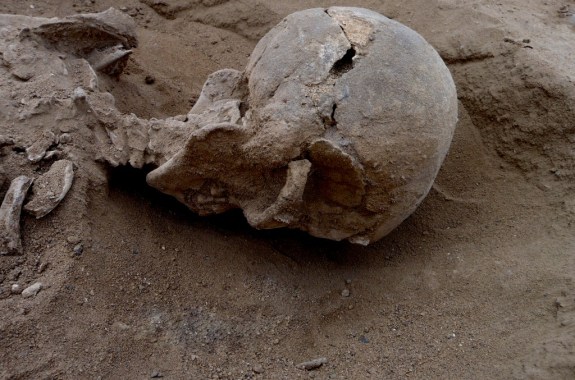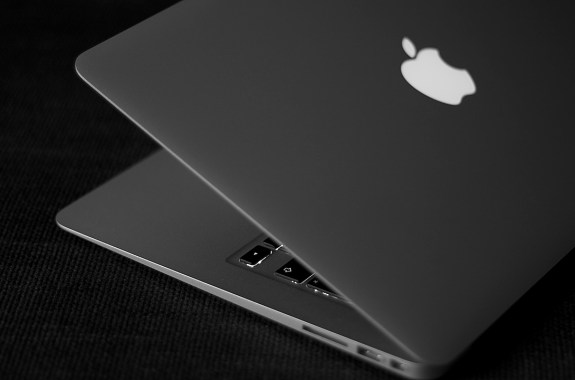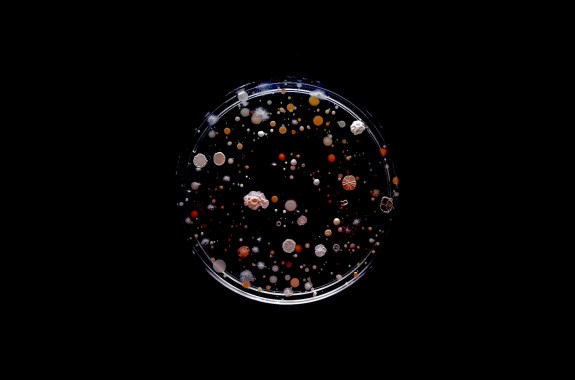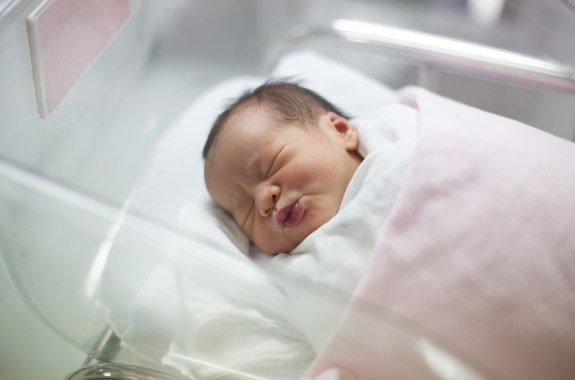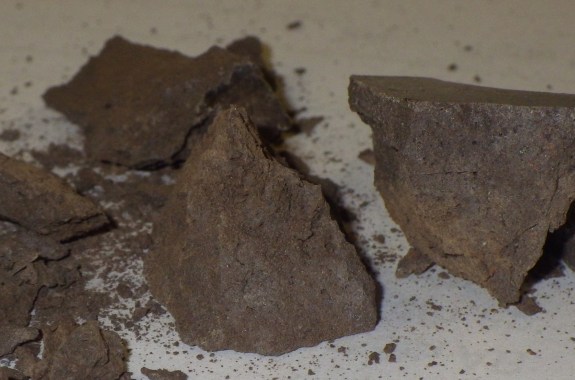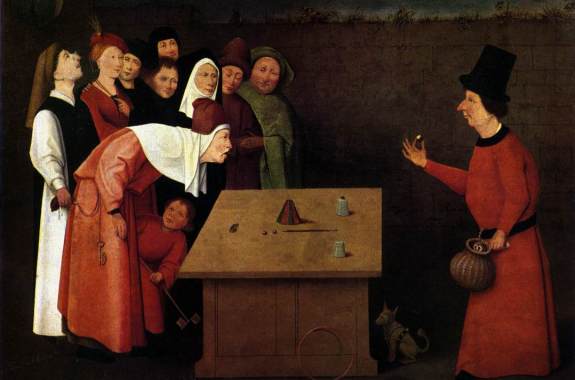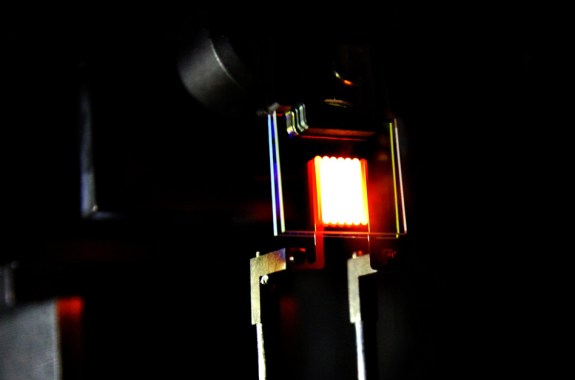Radio
Listen to Science Friday live on Fridays from 2-4 p.m. ET
February 28, 2025
A federal DEI ban is already prompting changes across science agencies. How will it affect medical research? A journalist traveled to five continents to learn about the afterlife of our trash, and why most “recyclable” plastic actually isn’t. And, the ocean liner SS United States will become an artificial reef in Florida. How do artificial reefs work?
17:21
Archaeological Find Points to Ancient Human Violence
Archaeologists report the discovery of evidence for a 10,000-year-old massacre.
10:17
Does Apple Deserve Its Reputation for Good Design?
Apple’s former Human Interface Evangelist argues that the company is “destroying design.”
6:00
An Artist Swabs the NYC Subway
An artist creates unconventional “portraits” of NYC commuters with bacteria gathered on the subway.
11:48
Signs of the Anthropocene, Chimp Trust, and a Twitter Expansion
Researchers say that that the Anthropocene—the human-influenced epoch that we now live in—is “functionally and stratigraphically distinct from” the previous epoch.
15:26
A Microbiome Is Born
Researchers are trying to sort out what effect factors like an infant’s delivery method and early diet have on its community of microorganisms.
17:14
Deep Space Design: The Search for Future Space Construction Materials
In the future, space habitations could be constructed out of concrete made of Martian sulfur and inflatable materials.
23:39
The Grifter’s Real Game? Psychology
In “The Confidence Game,” Maria Konnikova explains how human psychology predisposes us to take the grifter’s bait.
12:05
An Invisible Leak, With Glaring Consequences
Natural gas has been spewing out of California’s Aliso Canyon since late October, so why hasn’t it been plugged yet?
8:58
For the Lowly Incandescent Bulb, a Ray of Hope
Physicists have been able to “recycle” some of the incandescent light bulb’s wasted heat and emit it as visible light, boosting efficiency.
11:54
HIV Prevention With PrEP, an Ancient Microbiome, and Freezing Fat
A new study shows that nearly two-thirds of new HIV infections in gay and bisexual men in the Netherlands could be prevented with pre-exposure prophylaxis.
